Blockchain technology: an Intro
Lars Heerink • 24 Jul 2025
Blockchain technology is the backbone of the decentralized internet and the future of digital trust. More than just the foundation for cryptocurrencies, blockchain enables secure, transparent, and tamper-proof transactions without the need for intermediaries. From powering crypto wallets to enabling smart contracts and decentralized apps (dApps), understanding blockchain is essential to grasp the next evolution of how we share data, verify information, and exchange value online.

If you've spent any time reading about Bitcoin, NFTs, or the world of Web3, you've probably come across the term “blockchain”. It gets thrown around a lot, but what is a blockchain, and why does it matter?
You don’t need to be a computer scientist or crypto expert to understand blockchain. In this article, we explain what blockchain technology is, how it works, and why it's the foundation of our crypto investment strategy at Blockcentral. As a crypto investment fund, we believe blockchain has the potential to transform industries far beyond digital currencies, and we’re investing in the altcoins and protocols driving that change.
What is a blockchain?
At its core, a blockchain is a kind of digital notebook, but instead of being stored in one place, it’s shared across many computers all over the world.
Every time someone sends digital money, buys an NFT, or signs a smart contract, a new entry (or “block”) gets added to that notebook. Once it's added, it can't be changed. That’s where the name comes from: block + chain, a chain of blocks full of data.
Think of it like this:
Imagine a group of friends keeping a shared Google Doc of who owes what after a vacation.
Every time someone pays for dinner or books a hotel, they add a note to the doc.
Everyone can see the changes and verify them, but no one can go back and secretly erase a payment.
That’s the idea behind blockchain: transparency, trust, and shared truth.
Why is it such a big deal?
At first glance, blockchain sounds like just a fancy way to store data. But there’s a reason people are calling it the backbone of Web3 and comparing its impact to that of the internet.
Here’s what makes it powerful:
It’s decentralized
Traditional systems rely on a central authority, a bank, a company, or a government. With blockchain, there’s no single owner. The data is stored on a global network of computers, and everyone on the network helps verify what’s true. That means:
- No single point of failure
- Less risk of censorship or control
- More transparency
It’s secure and tamper-proof
Once a block is added to the chain, it’s locked in. You can’t go back and rewrite history. That makes blockchains great for things like:
- Keeping records of transactions
- Verifying ownership of digital goods
- Proving identity or credentials
It’s programmable
Some blockchains (like Ethereum) go beyond just storing information, they can also run code. These are called “smart contracts”, and they let you create digital agreements that execute automatically when conditions are met.
No middlemen, no delays, just code doing what it’s programmed to do.
So what can blockchain be used for?
Right now, blockchain is mostly known for powering cryptocurrencies like Bitcoin, Ethereum or Solana. Blockcentral believes that its potential goes way beyond that and invests in altcoins that could fundamentally change the way we do business.
Digital ownership
With blockchain, you can own digital assets that are verifiably yours, such as artwork, music, game items, even digital land. NFTs (non-fungible tokens) are one way of doing this. The blockchain acts like a public registry that says: this item belongs to you.
Finance without banks
Blockchain is the foundation of DeFi (Decentralized Finance). With it, people can:
- Lend or borrow money
- Earn interest on savings
- Trade digital assets
All without needing a bank account or even revealing your real name.
A new kind of internet
Web3 is the next version of the internet, and blockchain is what makes it possible. Instead of logging into websites with your email or social media, you use your crypto wallet. You control your data. You control your identity. You move seamlessly between platforms, apps, and communities.
Verified records
Imagine storing your diploma, medical history, or job references on the blockchain. You can share them instantly, and the person on the other end can instantly verify that they’re real, no paperwork, no back-and-forth.
Why now?
Blockchain has been around for over a decade, but only recently have we started to see user-friendly tools and real-world use cases emerge. Today:
- Companies are experimenting with blockchain supply chains
- Artists are releasing albums as NFTs
- Governments are exploring digital IDs on blockchain
Just like the early days of the internet, we’re seeing the first steps of a major shift.
Do I need to understand blockchain?
You don’t need to know how the internet works to send an email. But understanding the basics of blockchain gives you a head start on where technology is heading.
In the same way websites and apps transformed daily life in the 2000s, blockchain might soon reshape how we bank, prove who we are, and interact online.
It’s not just about coins or crypto, it’s about new ways to build trust, exchange value, and empower people in the digital world. Blockchain technology has a very good chance of shaping our future lives and the products we use and that’s where blockcentral sees the best investment opportunities in crypto.
Want to know more about how blockchain is changing the future? Or curious how it fits into Web3, wallets, or NFTs?
Reach out through the buttons below, we’re always happy to chat.